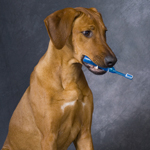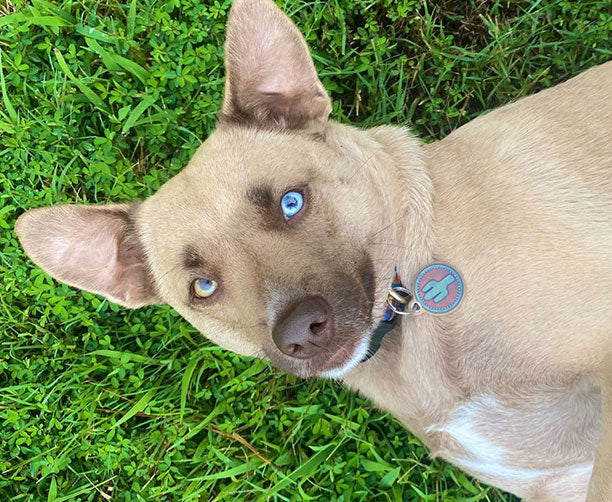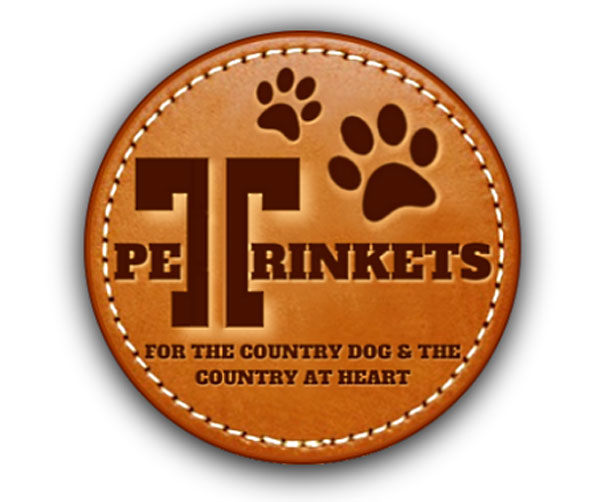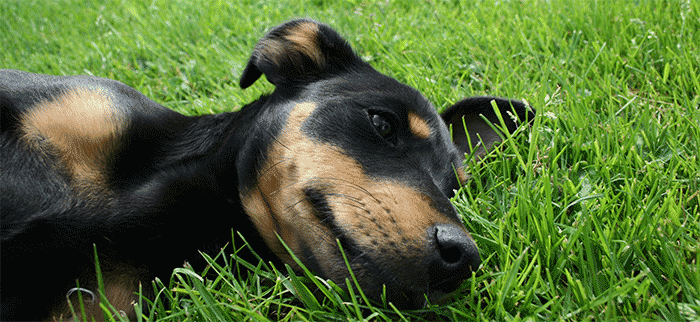|
Did you know that 80% of dogs and 70% of cats display symptoms of oral infection by the time they are three? This statistic comes from the American Veterinary Medical Association, a group that strives to improve veterinary techniques and practices. It seems a lot of pet owners may underestimate the importance of proper dental pet care. Bacteria present in a pet’s teeth and gums can get into a pet’s system and attach to different organ tissues, causing infections. The AVMA also indicates that the danger spots most often distressed by oral diseases are the kidneys, lungs, liver, heart, and possibly even the nervous system. |
 |
So, now that you know the risks, what are the signs that your pet may have need for some dental pet care tips in order to prevent or treat oral diseases? This short list of symptoms can be attributed to the condition.
• Bad breath
• Excessive drooling
• Appetite and weight loss
• Discolored or loose teeth
• Bleeding from the mouth or gums
• Dropping food out of the mouth while eating
• Your pet pulls back or whimpers when contact is made in the mouth area
How can you help prevent oral problems for your pets both now and in the future? Reducing the risk of dental disease in your pets can be achieved by following a few simple guidelines. These dental pet care tips are a good place to start.
1) Your pet should have a routine veterinarian examination, with a thorough exam of their teeth and gums, at least yearly.
2) Ask your veterinarian to suggest nutritional supplements and a diet that reduces tooth decay and plaque buildup.
3) Establish a regular teeth brushing schedule or use a specially formulated food or chew toy proven to help remove plaque and tarter from your pet’s teeth.
If your dog or cat starts to display any of the symptoms or problems associated with dental disease, you should schedule an appointment with your veterinarian as soon as possible. Just like your own personal dental care, your pet's dental care is very crucial in order to remain healthy and happy.
-Russ Barker
Here's another great pet care tip: Get your furry friend on of our great pet ID tags from Dog Tag Art! Our custom dog tags add saftey and style to your pets' lives.











